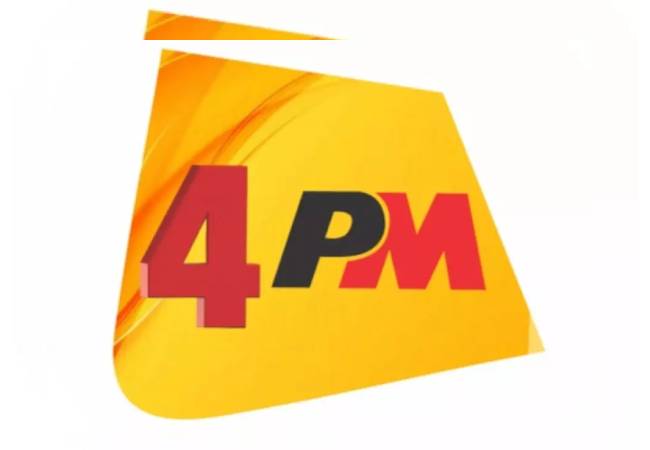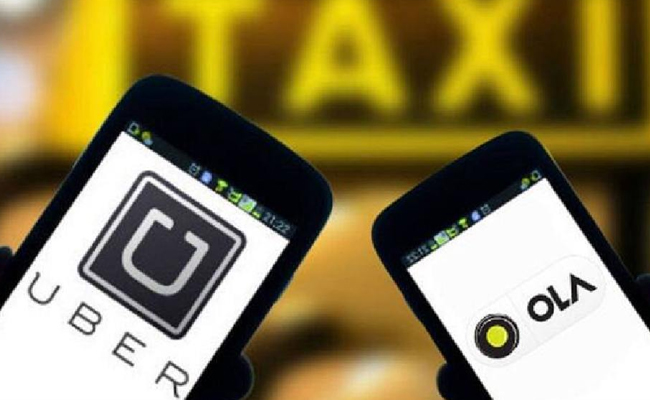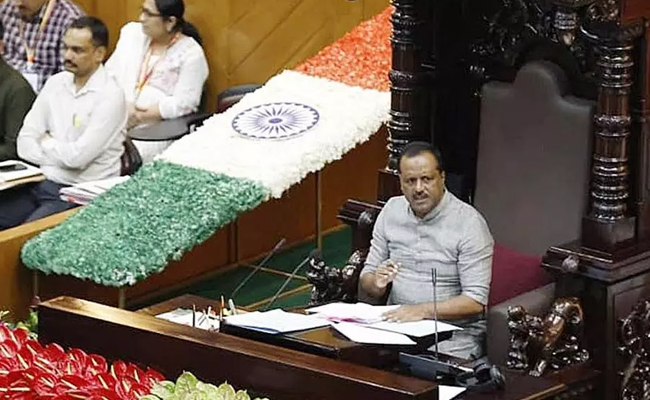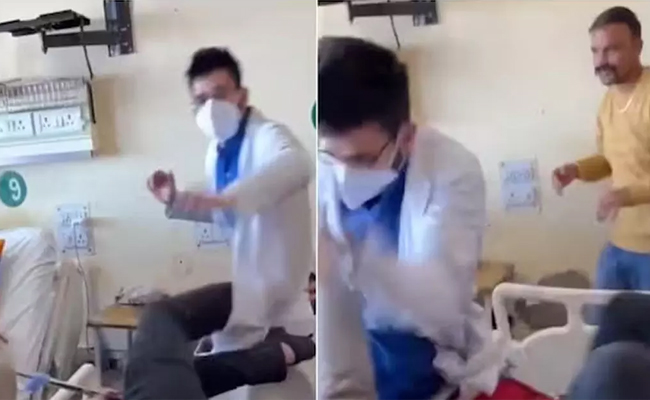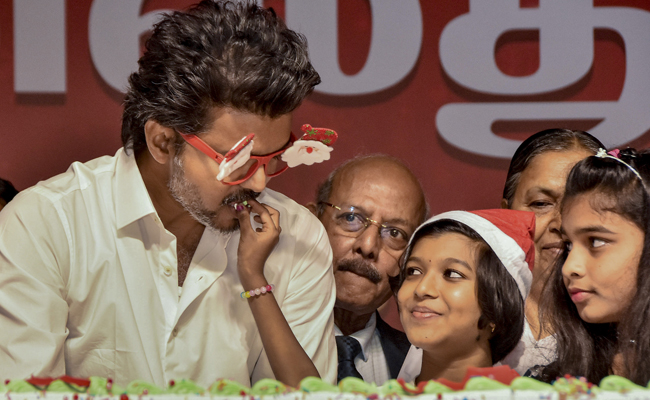New Delhi (PTI): The Supreme Court was on Tuesday informed that an order blocking YouTube channel "4PM", which has a subscriber base of 73 lakh, was withdrawn.
"They have withdrawn the blocking order," senior advocate Kapil Sibal, appearing for the petitioner, informed a bench of Justices B R Gavai and Augustine George Masih.
The apex court was hearing a plea filed by Sanjay Sharma, who is the editor of digital news platform 4PM, seeking quashing of an order blocking the channel.
The plea claimed the blocking was effected by the intermediary pursuant to an undisclosed direction allegedly issued by the Centre citing vague grounds of "national security" and "public order".
Sibal requested the bench that the plea be tagged with separate pending petitions which have challenged Rule 16 of the Information Technology (Procedure and Safeguards for Blocking for Access of Information by Public) Rules, 2009.
He said Sharma's petition also sought quashing of Rule 16 of the 2009 Rules.
Rule 16 says strict confidentiality shall be maintained regarding all the requests and complaints received and actions taken thereof.
The plea also sought striking down or reading down Rule 9 of the Blocking Rules, 2009, to mandate issuance of a notice, opportunity of hearing and communication of a copy of the interim order to the originator or creator of the content prior to passing of a final order.
The bench tagged the plea with the pending separate pleas.
On May 5, the top court sought responses from the Centre and others on Sharma's plea, which said the blocking was a "chilling assault on journalistic independence" and the right of public to receive information.
The plea, filed through advocate Talha Abdul Rahman, said no blocking order or underlying complaint was furnished to the petitioner, violating both statutory and constitutional safeguards.
The petition said it was a settled law that the Constitution does not permit blanket removal of content without an opportunity to be heard.
"'National security' and 'public order' are not talismanic invocations to insulate executive action from scrutiny," it said.
The plea said the action was not only ultra vires the parent statute but also strikes at the core of democratic accountability ensured by a free press.
"The blocking is a chilling assault on journalistic independence and the right of the public to receive information," it said.
Seeking a direction to the Centre to produce the order with reasons and records, if any, issued to the intermediary for blocking the channel, it asked for a direction to quash the blocking order.
The plea said the petitioner's YouTube channel was blocked without giving any fair opportunity to clarify or justify his case.
Blocking Rules, 2009, including Rules 8, 9, and 16, infringe upon fundamental rights guaranteed under the Constitution, particularly the rights to freedom of speech and expression, right to equality and the right to life and personal liberty, it added.
It said the authorities concerned have a duty under the law to ensure that blocking of YouTube channels were not done arbitrarily, suppressing the freedom of speech and expression.
Let the Truth be known. If you read VB and like VB, please be a VB Supporter and Help us deliver the Truth to one and all.
Bengaluru (PTI): Bengaluru City Police (BCP) on Monday said that it has, in collaboration with cab aggregator platforms Uber and Ola, implemented a technology-driven integration aimed at enhancing the safety of riders and drivers.
It would also strengthen emergency response mechanisms across the city.
As part of this initiative, emergency call facilities have been incorporated within the Uber and Ola mobile applications used for booking rides, it said.
ALSO READ: Doctor assaults patient at Shimla hospital; probe ordered as video sparks protest
Through this integration, riders and drivers seeking emergency assistance can directly share real-time location data, trip details, and contact information with Bangalore City Police's 112 emergency response infrastructure from within the Uber/Ola app itself, an official release said.
Noting that this seamless flow of critical information enables quicker police access during emergencies, facilitating faster response times and potentially life-saving interventions by first responders, it said the initiative is a significant step towards leveraging technology partnerships to ensure safer urban mobility and improved public safety.

